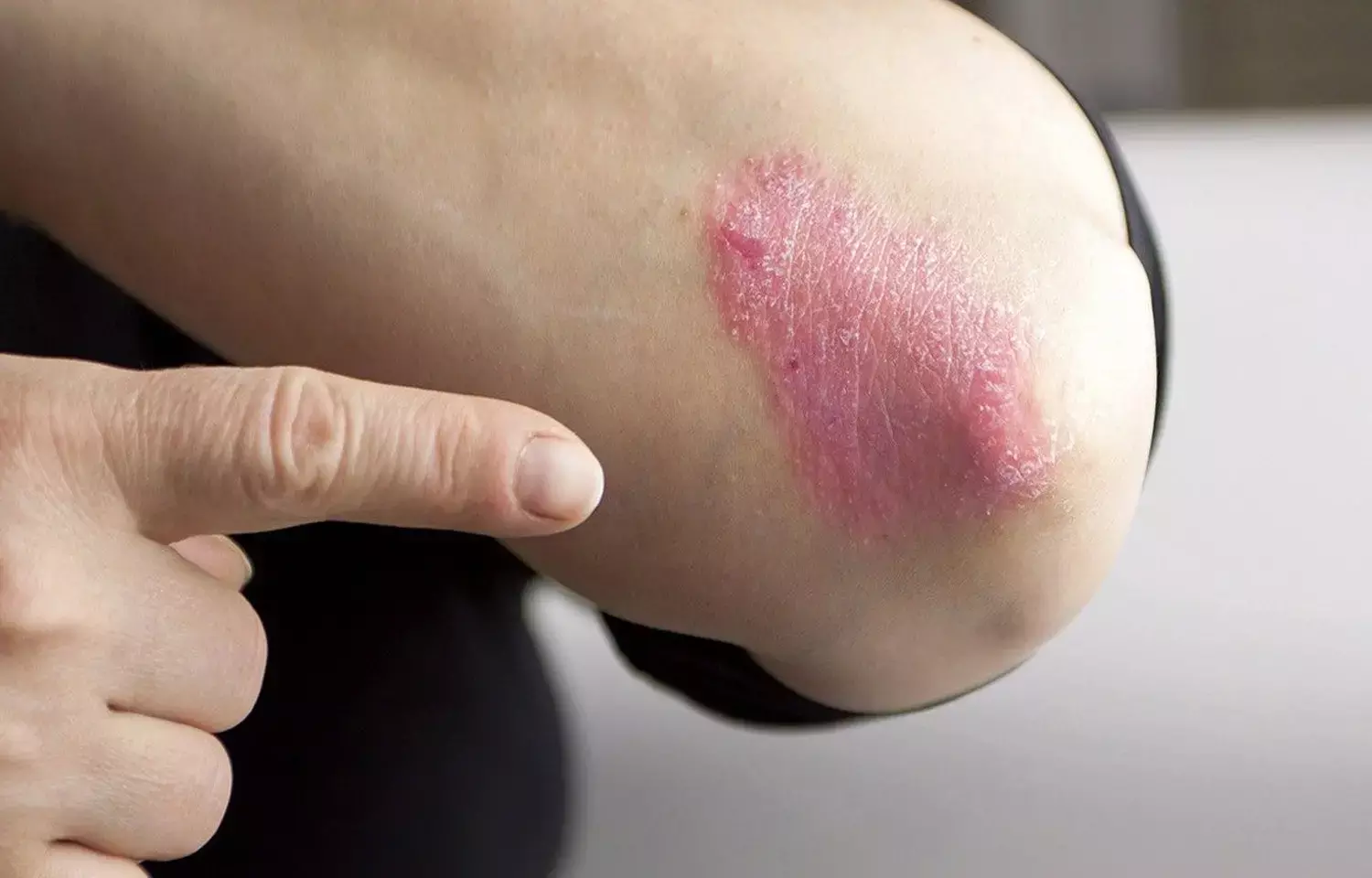- Home
- Medical news & Guidelines
- Anesthesiology
- Cardiology and CTVS
- Critical Care
- Dentistry
- Dermatology
- Diabetes and Endocrinology
- ENT
- Gastroenterology
- Medicine
- Nephrology
- Neurology
- Obstretics-Gynaecology
- Oncology
- Ophthalmology
- Orthopaedics
- Pediatrics-Neonatology
- Psychiatry
- Pulmonology
- Radiology
- Surgery
- Urology
- Laboratory Medicine
- Diet
- Nursing
- Paramedical
- Physiotherapy
- Health news
- Fact Check
- Bone Health Fact Check
- Brain Health Fact Check
- Cancer Related Fact Check
- Child Care Fact Check
- Dental and oral health fact check
- Diabetes and metabolic health fact check
- Diet and Nutrition Fact Check
- Eye and ENT Care Fact Check
- Fitness fact check
- Gut health fact check
- Heart health fact check
- Kidney health fact check
- Medical education fact check
- Men's health fact check
- Respiratory fact check
- Skin and hair care fact check
- Vaccine and Immunization fact check
- Women's health fact check
- AYUSH
- State News
- Andaman and Nicobar Islands
- Andhra Pradesh
- Arunachal Pradesh
- Assam
- Bihar
- Chandigarh
- Chattisgarh
- Dadra and Nagar Haveli
- Daman and Diu
- Delhi
- Goa
- Gujarat
- Haryana
- Himachal Pradesh
- Jammu & Kashmir
- Jharkhand
- Karnataka
- Kerala
- Ladakh
- Lakshadweep
- Madhya Pradesh
- Maharashtra
- Manipur
- Meghalaya
- Mizoram
- Nagaland
- Odisha
- Puducherry
- Punjab
- Rajasthan
- Sikkim
- Tamil Nadu
- Telangana
- Tripura
- Uttar Pradesh
- Uttrakhand
- West Bengal
- Medical Education
- Industry
Secukinumab Dose Tapering ensures increased effectiveness of plaque psoriasis treatment

CHINA: According to a research study published in the journal Dermatologic Therapy, tapering off secukinumab dosages for individuals with plaque psoriasis may be just as effective as earlier regimens.
An estimated 2% of the world's population has psoriasis, a chronic inflammatory condition. A recombinant, completely human monoclonal anti-IL-17A antibody called secukinumab has been given FDA approval to treat patients with moderate-to-severe psoriasis and psoriatic arthritis.
"A steady increase in secukinumab dose interval has not previously been examined, despite earlier studies producing positive effectiveness and safety data," the authors stated.
A team under the direction of Xi-Bei Chen from the Department of Dermatology at the Second Affiliated Hospital of Zhejiang University School of Medicine evaluated the feasibility, effectiveness, and safety of gradually increasing the secukinumab dosing interval in patients with plaque psoriasis and contrasted it with the FDA-recommended and approved dose regimen.
By monitoring in the Psoriasis Area and Severity Index (PASI) scores, the researchers in the study were able to calculate the interval time for 83 individuals. At baseline and weeks 0, 1, 2, and 3, secukinumab 300 mg was administered subcutaneously to each participant. Each participant had moderate-to-severe plaque-type psoriasis for at least six months, with or without psoriatic arthritis, and they had to be at least 18 years old. The patient group has previously received either single or combined doses of topical, systemic, phototherapy, or biologic therapy. Patients who had received biologic treatment in the past had at least a month-long washout period. A PASI score of 10 or a body surface area (BSA) of 10% was used by the researchers to identify moderate-to-severe plaque-type psoriasis.
Key findings of the trial:
- Patients whose baseline PASI improved at week 4 dictated the timing of the subsequent injection until week 36.
- Because of persistent treatment resistance throughout the study, 3 patients were censored and 6 patients converted to biologic therapy. Two of the patients in this group stopped their therapy at week 12, one at week 24, and three at week 36.
- The average time from the initial psoriasis diagnosis was 24.8 years, and the average time the condition persisted was 14.84 years. The severity of the condition was also suggested by a mean baseline PASI score of 21.53 and a mean baseline BSA score of 47.76.
- At weeks 4, 12, and 36, respectively, 80%, 96%, and 95% of patients attained the PASI 75, while at weeks 4, 12, and 36, respectively, 54%, 95%, and 84% of patients attained the PASI 90.
- Eventually, 28% of patients reached PASI 100 in week 4, 89% in week 12, and 68% in week 36.
- At week 36, the majority of patients had achieved PASI 75, and the average PASI score was lower than it had been at baseline.
- 28 individuals experienced adverse events, including 10 infections (nasopharyngitis, fungal infection, conjunctivitis, otitis externa), pruritus (n = 5), eczema (n = 4), headache (n = 1), and inflammatory bowel disease (n = 1), all of which were for safety reasons.
This study "demonstrates the viability of gradually extending the dose interval of secukinumab and may serve as a reference for biologic treatment experience," but more research into this option may benefit from a longer follow-up period and larger sample numbers, the authors concluded.
REFERENCE
Chen, X-B, Zheng, Y-X, Ye, L-R, Chen, X-Y, Man, X-Y. Gradually increasing the dosing interval of Secukinumab for moderate to severe plaque psoriasis: A single-center, uncontrolled, prospective study in 36 weeks. Dermatologic Therapy. 2022;e15911. doi:10.1111/dth.15911
Dr Kamal Kant Kohli-MBBS, DTCD- a chest specialist with more than 30 years of practice and a flair for writing clinical articles, Dr Kamal Kant Kohli joined Medical Dialogues as a Chief Editor of Medical News. Besides writing articles, as an editor, he proofreads and verifies all the medical content published on Medical Dialogues including those coming from journals, studies,medical conferences,guidelines etc. Email: drkohli@medicaldialogues.in. Contact no. 011-43720751


